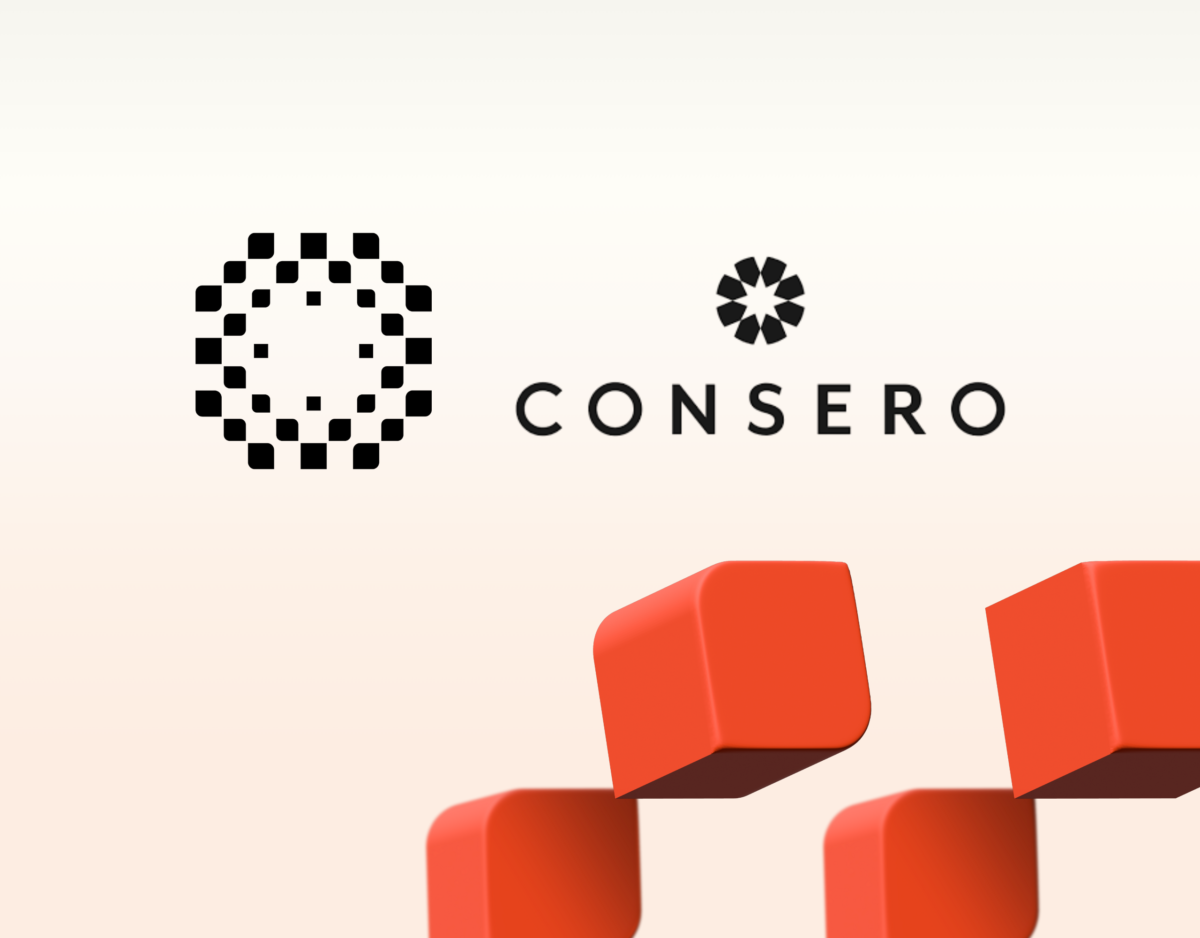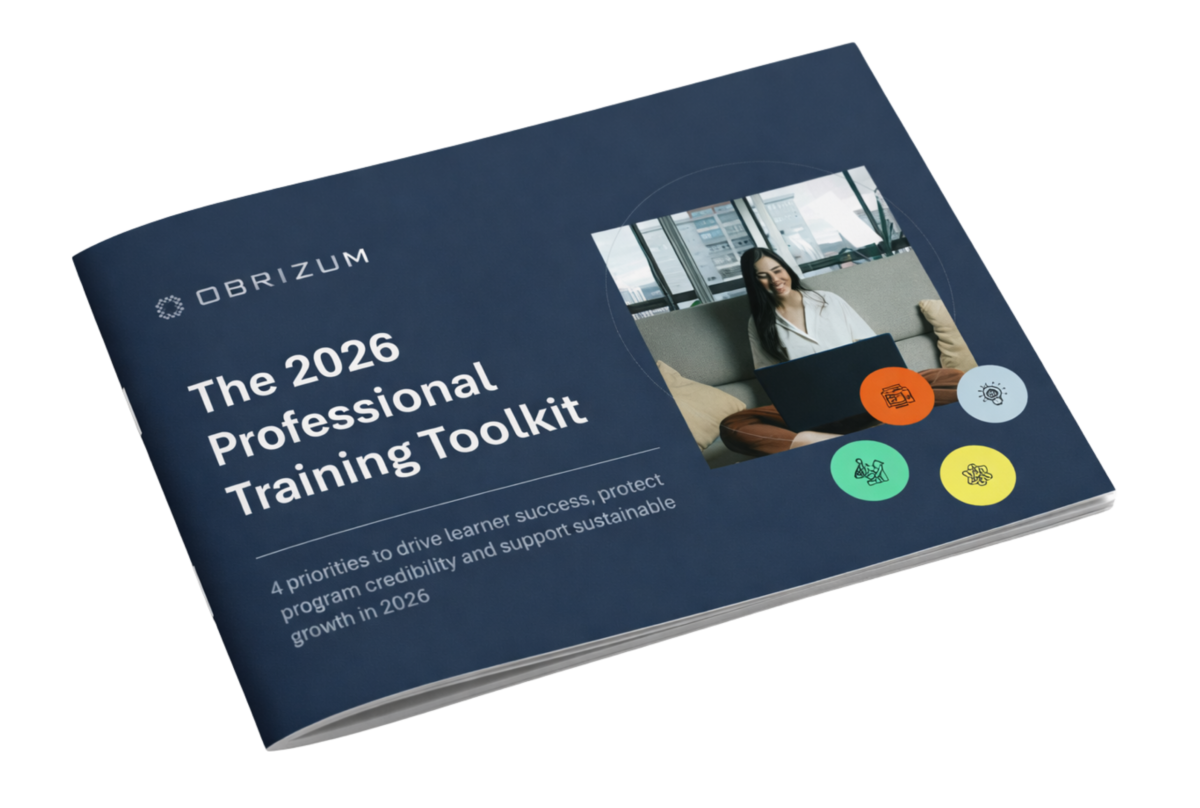
Published on 10th October 2023
The global call for AI ethics – are people listening?
If you were to ask anyone what the most heavily debated topic is today, you can almost guarantee that artificial intelligence in the tech sector will take the number one spot.
But these conversations started long before now. Three years ago, the Rome call for AI Ethics brought together global organisations from across sectors to promote an ethical approach to the development and establishment of AI.
Just this year, Microsoft and IBM renewed their support for this very cause. These companies – amongst countless others – recognise the need for a global consensus on ethical guidelines to ensure AI is developed and used responsibly. The Call for AI Ethics is built upon six fundamental principles: transparency, inclusion, accountability, impartiality, reliability, and privacy.
The capabilities of AI are astonishing, and the technology will continue to contribute huge innovation to the modern workplace; but necessary steps must be taken to ensure each new development is aligned with what’s best for the workforce.
How has the conversation evolved?
Governments and industry leaders alike are joining the conversations around AI ethics. In May 2023, UK Prime Minister Rishi Sunak, connected with the leaders of OpenAI, Google DeepMind and Anthropic to establish an approach to AI regulation that keeps pace with rapid technological advancements. An advocate of AI development, Sunak shows his commitment to supporting its evolution for the best of the general public.
The recent backing from the UN Secretary-General of a proposal for the creation of an international AI watchdog body shows the continued efforts towards a global collaboration. This is taking place alongside the European AI Act currently in development.
More locally, the UK Government’s AI strategy further reiterates the importance of having an identified legal representative responsible for AI. This individual acts as a bridge between technical functions and legal risks and ethics, ensuring that AI systems are developed and deployed in compliance with ethical standards.
In line with this, organisations are starting to propose a dedicated Chief AI Officer (CAIO), who would oversee the ethical aspects of AI implementation. This in itself demonstrates the sheer extent to which AI is impacting modern business, as the technology gradually falls out of the CTO’s remit into a dedicated category.
And finally, at this year’s London Tech Week, Microsoft’s UK CEO, Clare Barclay, highlighted the transformative potential of AI. She compared the impact of AI to the profound changes brought about by past industrial revolutions.
The appetite is there; but the next few years will be critical.
Striking the right balance
Since conversations first began, sentiments towards AI have evolved as rapidly as the tech itself.
And as the developments above show, the world is clearly listening and responding to the call for guardrails around this advancing technology.
But there’s a balance to strike here. It’s important for global markets to avoid getting swept into turmoil currently surrounding the topic of AI. Whilst proactive measures are absolutely necessary to ensure that ethical considerations are at the forefront of development and deployment moving forwards, we mustn’t let this manifest as a dark cloud over the entire evolution.
It’s important to keep the unquestionable benefits of AI front of mind.
The ethical development and use of AI have the potential to unlock immense benefits for the workforce, but it is our collective responsibility to ensure that it does so in line with our shared values.
It’s an exciting time for organisations looking to champion their workforce and drive greater efficiencies across the business. The ultimate goal of all conversations currently taking place on AI is to take full advantage of the boundless capabilities this technology has to offer as a means to support the world of work – and every single individual involved.
We’re thrilled to be on the front line of technology advancement in the corporate learning environment.






